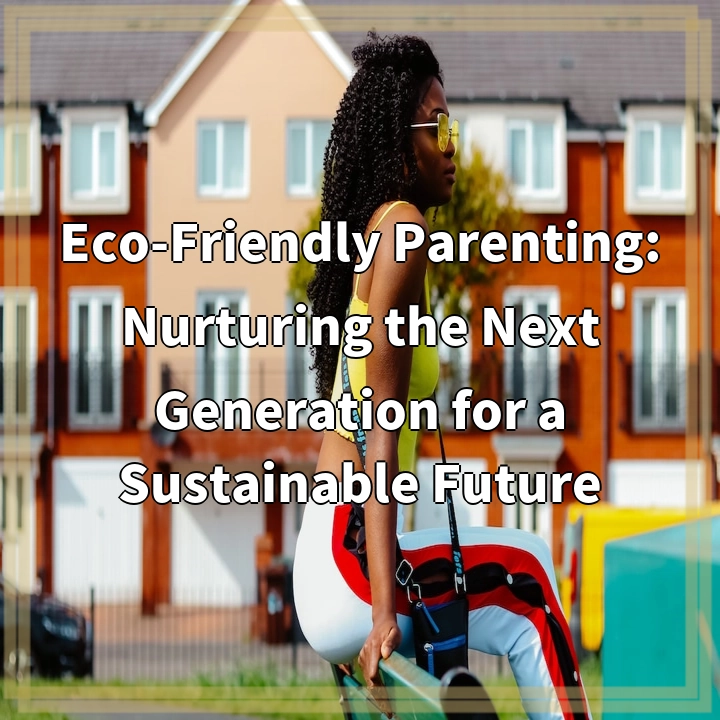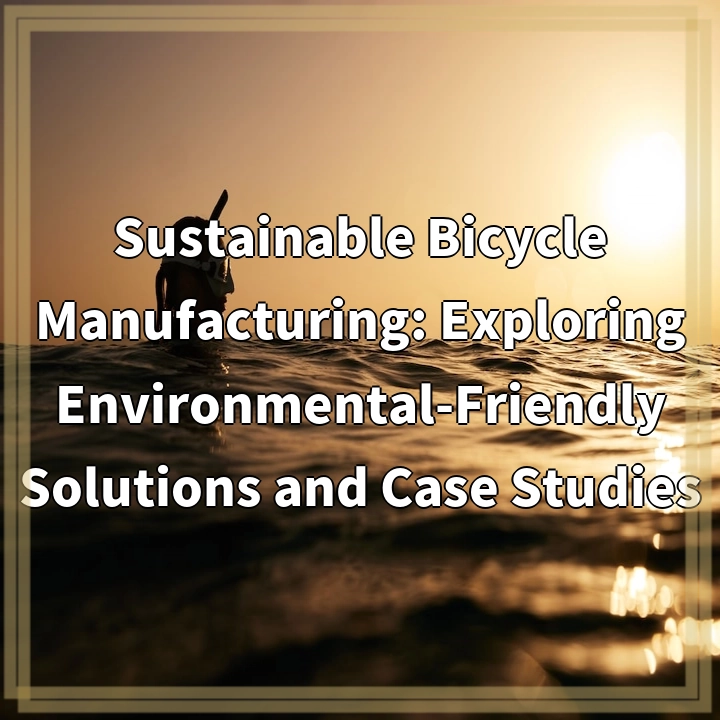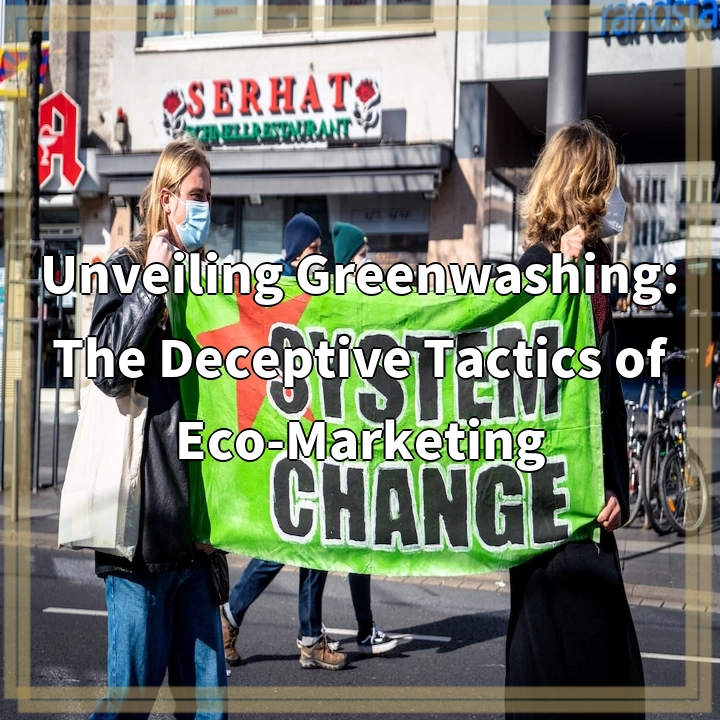
What is Eco-Friendly Parenting?
Eco-friendly parenting refers to the practice of raising children in a way that minimizes their environmental impact and teaches them the importance of sustainable living. It involves adopting eco-conscious behaviors and making environmentally-friendly choices in various aspects of parenting, such as baby care, nutrition, clothing, toys, and household products. Eco-friendly parenting aims to raise environmentally responsible individuals who are aware of the planet’s limited resources and are committed to preserving them for future generations.
Real-World Problems Associated with Eco-Friendly Parenting
While eco-friendly parenting is gaining popularity, it is not without its challenges and obstacles. Here are some of the key real-world problems associated with adopting this approach:
1. Limited Availability and Accessibility of Eco-Friendly Products
One of the primary challenges of eco-friendly parenting is the limited availability and accessibility of sustainable and non-toxic products. Finding eco-friendly diapers, organic baby food, or non-toxic cleaning supplies can be a struggle in certain areas. Additionally, these products tend to be more expensive, making it difficult for some parents to afford them.
2. Overwhelming Amount of Conflicting Information
The internet is flooded with information about eco-friendly parenting, but much of it can be conflicting or misleading. Parents are often bombarded with countless blogs, articles, and product recommendations, which can leave them feeling overwhelmed and uncertain about the best choices for their children and the environment. Sorting through all the information to find reliable and evidence-based advice can be a challenge.
3. Social Pressures and Societal Norms
Eco-friendly parenting goes against some of the prevailing societal norms, which can lead to social pressures and judgment from others. Choosing cloth diapers over disposable ones or sticking to homemade baby food instead of pre-packaged options might be met with skepticism or criticism from well-meaning family members, friends, or even strangers. This can make it challenging for parents to stay committed to their eco-friendly practices.
4. Balancing Convenience and Sustainability
In a fast-paced world, convenience often takes precedence over sustainability. Eco-friendly parenting often requires more time and effort, from researching and sourcing eco-friendly products to preparing homemade meals and cleaning with non-toxic alternatives. Finding a balance between convenience and sustainability is essential to ensure long-term commitment and avoid burnout.

Solutions for Eco-Friendly Parenting
Despite the challenges, there are several solutions that can help parents navigate and overcome the problems associated with eco-friendly parenting:
1. Research and Educate Yourself
Take the time to research and educate yourself about eco-friendly parenting. Seek out reliable sources of information, such as reputable blogs, books, and scientific studies, to gain a solid understanding of sustainable practices and products. This will help you make informed decisions and feel more confident in your choices.
2. Seek Community and Support
Connect with like-minded parents within your community or online who are also embracing eco-friendly parenting. Join parenting groups, forums, or social media communities to share experiences, exchange knowledge, and offer support. Having a network of individuals who understand and support your choices can be invaluable in staying motivated and overcoming challenges.
3. Start Small and Focus on Sustainable Swaps
Instead of trying to overhaul your entire parenting approach overnight, start small by focusing on making sustainable swaps in specific areas. For example, begin by using cloth diapers or switching to organic baby food. Gradually incorporate more sustainable practices into your routine as you become more comfortable and confident.
4. Advocate for Change
Take steps to advocate for eco-friendly parenting practices in your community. This can involve sharing your knowledge and experiences with others, engaging with local businesses to encourage them to stock more sustainable products, or advocating for policies that support sustainability in childcare facilities and schools. By being an active advocate, you can help create a more eco-conscious environment for all parents and children.
5. Practice Self-Compassion and Flexibility
Remember that no one is perfect, and eco-friendly parenting is a journey. It’s okay to make mistakes or have moments where convenience takes precedence. Practice self-compassion and allow yourself to be flexible when needed. The goal is progress, not perfection. Every small step towards sustainability counts.















